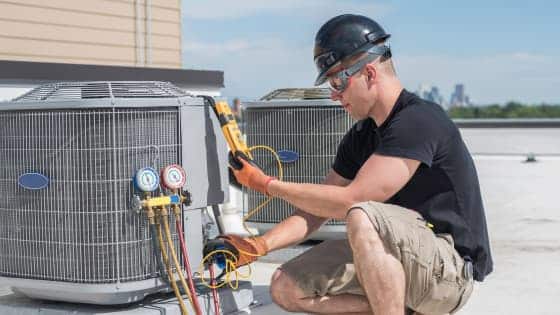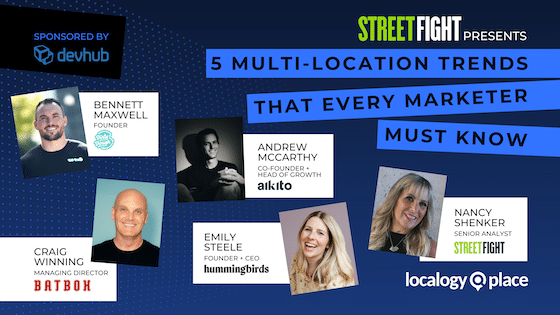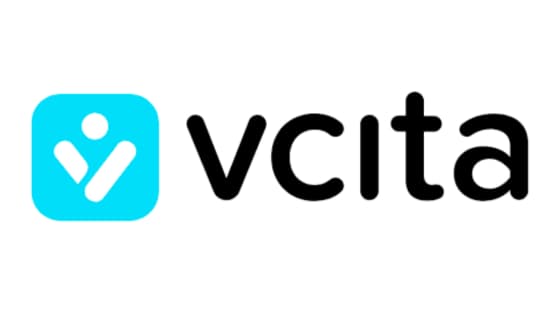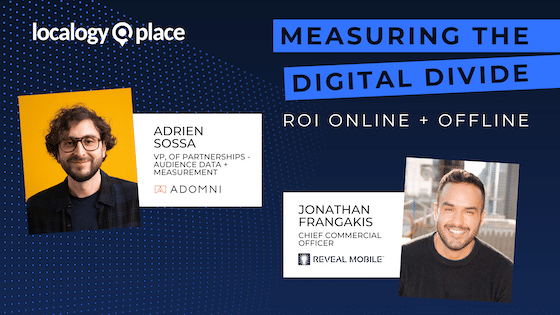It was during the peak of the Covid pandemic. That was when we all went on long walks. What else was there to do? It was on one such walk that a lightbulb went off over Bruce Howard’s head. And it was all about home services.
Howard is best known as an independent Yellow Pages publisher. His company, User Friendly Media, is still in the print publishing game, though not to the extent it once was (whose is?).
Despite his success in Yellow Pages, Howard has always been open to other ways to make money. And making money was one thing independent publishers like Howard were really good at. And they made lots of it. People still look back wistfully at the EBITDA margins that Yellow Pages companies threw off back in the day.
So back to Bruce’s peak-Covid stroll around his neighborhood. As he was walking he was contemplating something he had been thinking about for a while. Why not partner with a private equity firm, assemble a pool of money and roll up some local businesses? Once a large enough entity is created, with enough EBITDA to attract buyers, the group can sell it and move on to something else.
The problem was, the sector Howard was considering at the time was dentists. There were not a lot of dental offices open at the time Bruce was taking his walk around his neighborhood. But as he walked, Howard noticed something. Every house, or so it seemed at least, had a service van parked in the driveway.
While the dentists weren’t working during Covid, the home services and repair companies certainly were. People were stuck in their homes, working, or maybe just sitting there staring at the walls. Every crack in the wall, every faucet drip, every bathroom paint color that no longer pleased the owner’s eye, and so on, took on gargantuan importance.
Dentists Schmentists
Forget dentists, Howard thought as he counted the vans parked in his neighbors’ driveways. Home services are the way to go. (We should note that private equity is now also very active in health care.)
And so was born User Friendly Home Services. With its PE partner, User Friendly has rolled up 16 companies thus far. The first of which was “All Seasons Air Conditioning, Plumbing, and Heating” in Palm Desert CA, back in May 2021.
Howard says the rollup is coming along. Currently, the 16 acquired companies add up to roughly $40 million in top line and $5 million in EBITDA.
Howard says the current goal is to grow this into a $100 million top line/$15 million EBITDA business before finding a buyer. And he seems confident that the buyers will be out there. He expects to hit the $100M goal by the end of 2025.
No More Paper Pushing
The main attraction to the sellers – beyond the obvious (an exit) – is the ability to offload all the corporate services to User Friendly. So the operator can stop chasing unpaid invoices or interviewing new hires. They can concentrate on installing water heaters. And this is likely why they started to do what they do. Because they like it and are very good at doing it. By and large, they never liked nor got very good at the “running a business” part of running a business.
Now they can leave the “running a business” part to User Friendly.
As we looked at the websites of the companies that Howard and his partners have acquired, they appear to continue operating as their original brands, but with “Powered by User Friendly Media” printed clearly at the bottom of the home page.
There is something in this for Howard as well, beyond the opportunity to make a killing.
“I want to save as many jobs as I can,” Howard told us on a call we had earlier this week.
By pairing up the acquired companies with his organization’s home office team, the entity can centralize corporate services, which helps margins and makes the whole deal attractive to the sellers. And it preserves the jobs of many User Friendly team members.
Another connection to the User Friendly legacy is that the company has longstanding ties to many home services companies who have advertised in the company’s books over the years. Howard said these relationships are his “secret sauce” because he can get just about any home service pro in his footprint to take his call.
Taking Equity
There is more in this for the sellers than freedom from paper pushing. While Howard describes the multiples the sellers are receiving as “realistic” there is an opportunity to take a position in the roll-up play, which may create more wealth for the sellers down the line.
Howard said that 13 of the 16 sellers thus far have poured some of their acquisition proceeds back into the acquisition company. And most of the owners also continue to work, even though Howard said any of them could pack it in and be on a Florida golf course “the next day.”
Find a Fragmented Business
So what makes a good target for a private equity roll-up?
Howard cites a few factors. First, find a fragmented business. This means having many small players and no existing major consolidator.
Also, find a business that has predictable revenue and is not on the edge of disruption. And these days, not being on the edge of disruption means that AI isn’t warming up in the bullpen.
Howard said that he sees similar roll-up efforts taking place in other local service categories. Pest control and landscaping are two that he cited.
Howard said the trend can loosely be tied to a generational shift taking place in the broader economy, with many business owners approaching retirement age. However, it is not fair to describe this as entirely driven by demographic trends. Howard also sees this as an attractive exit opportunity for pros who can still work for a while longer while concentrating on the actual work they love and leaving the administrative chores to the new owners.




